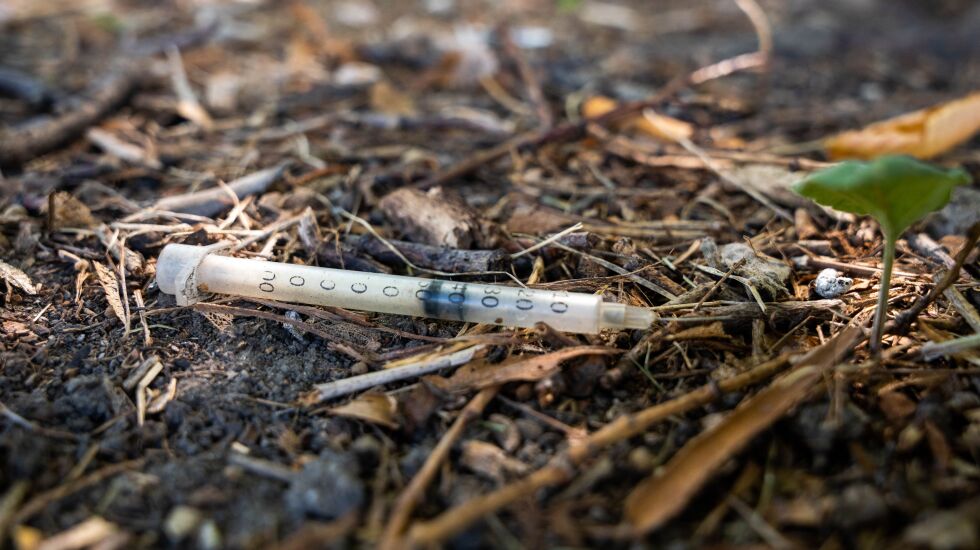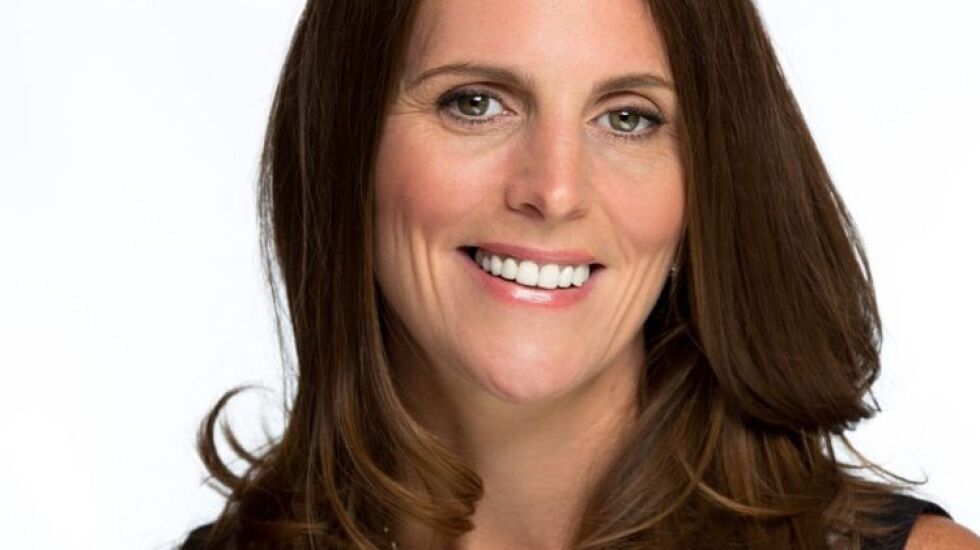
More drug users in Chicago are expected to get help for their addictions rather than go to jail now that the Chicago Police Department has expanded eligibility for diverting drug users into treatment instead of charging them with felonies for drug possession.
Under a change approved by police Supt. David Brown, people caught with up to two grams of narcotics are eligible — up from one gram under a previous policy.
In the past, the program included only those who were caught with heroin and cocaine. The revised policy also includes other substances, such as fentanyl. That drug often is mixed with heroin and cocaine to boost their potency and has caused thousands of overdoses in Cook County in recent years.
“I think it’s going to save lives because we can intercept people earlier and get them to the right evidence-based treatments,” said Matt Richards, the city of Chicago’s deputy commissioner of behavioral health. “We also have a real capability of reducing people’s ongoing involvement with the justice system and save a lot of patrol time spent on processing these charges over and over again.”
Drug-possession arrests are costly to taxpayers and harmful to drug users, an investigation by the Chicago Sun-Times and Better Government Association last year found. People caught with less than a gram of narcotics — a felony in Illinois — usually end up seeing the charges against them dismissed but often not before the arrests have caused lasting consequences, like costing them jobs.
The change in eligibility for the diversion program is expected to sharply boost eligibility for treatment, according to Roseanna Ander, executive director of the University of Chicago Crime Lab. Last year, about 550 people were eligible under the old policy. Another 200 would have been eligible under the new policy, Ander said.
“The overdose crisis is a massive public health challenge,” Ander said. “We’re not seeing progress in the country. This is one way to give people an offer of treatment. Obviously, it’s not a panacea but a tool in a broader set of solutions.”
Not everyone who is eligible is placed in the program by the police.

“It’s important to track how many who are eligible get offered deflection,” Ander said.
The current version of the program was piloted in 2018 in the 11th police district on the West Side, where heroin sales and drug overdoses are rampant. More than 800 people had been diverted from being arrested through September 2021.
The program was expanded citywide late last year.
Deputy Chief Antoinette Ursitti, who oversees the program, said officers have been told about the policy change at roll-call, and lieutenants have been briefed.
“I think most officers who are on the street doing this work realize these types of arrests can be a revolving door, and most officers realize that something else is needed,” Ursitti said.
Many factors disqualify people from entering the program, including being the subject of an arrest warrant or having convictions for gun possession, sex offenses and violent crimes within the past decade.
According to the U. of C. crime lab, the Chicago effort is the biggest such diversion program in the United States. The lab, which has been evaluating the program, found that 69% of participants were daily heroin users and that 34% previously overdosed. Most were Black men.
The lab found that 80% of those placed in the diversion program had started drug treatment, and 52% engaged in that treatment for at least a month — with 31% remaining in treatment longer than three months.
Richards said people who participated in the program were far less likely to end up being arrested again than those who didn’t.
Someone who goes into the police department’s diversion program might do so more than once, officials say, because treatment doesn’t always take hold the first time.
Richards said the new drug diversion policy goes hand-in-hand with a program that allows drug users to call the Illinois Opioid Helpline at 833-234-6343 to have a doctor evaluate them over the phone and prescribe medications that can reverse opioid addictions.







